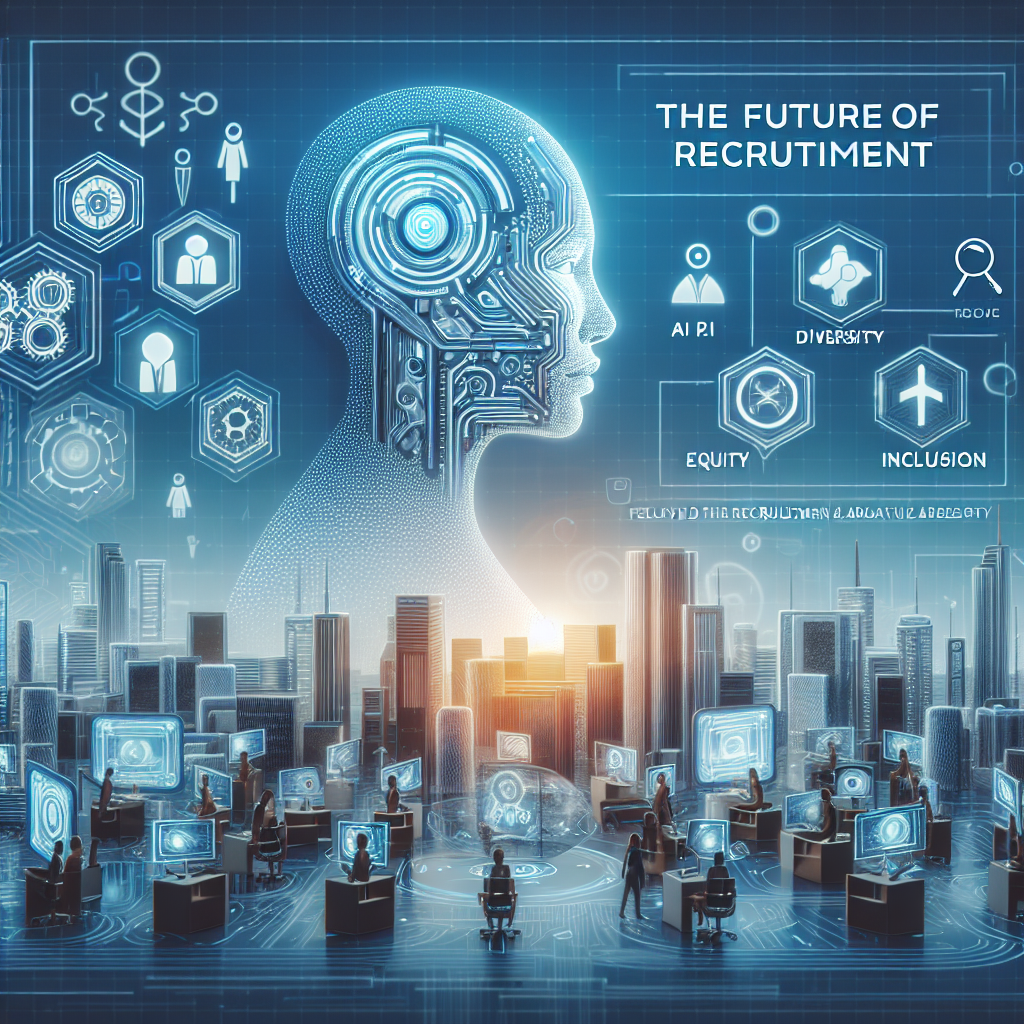
The recruitment landscape of 2025 is poised for transformative changes. Driven by technological innovations, shifting workforce expectations, and a dynamic economic environment, organizations must adapt to stay competitive. This blog explores key trends and strategies that are reshaping talent acquisition.
Artificial Intelligence (AI) has become a cornerstone of modern recruitment, enhancing efficiency and decision-making. AI tools automate complex tasks like candidate screening and initial interviews, using natural language processing and emotional intelligence to assess both technical and soft skills. This allows recruiters to focus on strategic initiatives and build stronger candidate relationships.
Diversity, equity, and inclusion are central to recruitment strategies, as diverse teams drive innovation and performance. Organizations are adopting bias-free processes, anonymizing applications, and ensuring equitable opportunities across demographics, which not only enriches company culture but also broadens the talent pool.
The shift towards flexible and hybrid work models continues to influence recruitment strategies. Candidates now seek employers who offer remote work options and prioritize work-life balance. This trend expands talent pools by allowing global recruitment without geographical constraints, necessitating strong remote team management strategies.
With over 90% of job seekers using mobile devices for their job search, optimizing recruitment for mobile platforms is crucial. This includes creating mobile-friendly career sites and streamlining applications to enhance candidate engagement, resulting in higher quality and quantity of applicants.
Employee well-being is now a top priority, directly impacting productivity and retention. Comprehensive benefits, mental health support, and work-life balance initiatives are key factors in attracting and retaining talent, as candidates evaluate employers based on their commitment to well-being.
Competency-based recruitment, which assesses candidates through real-life examples of professional experience, ensures a fair and transparent selection process. By defining required competencies and evaluating demonstrated skills, this approach reduces turnover and aligns candidate capabilities with job requirements.
Internal mobility programs allow organizations to promote existing employees, fostering career growth and reducing turnover. By tracking employee skills and aspirations, companies can efficiently fill positions and retain valuable talent, enhancing engagement and satisfaction.
The recruitment landscape is rapidly evolving, and organizations must embrace these trends to attract top talent and build resilient teams. By leveraging AI, prioritizing DEI, adapting to flexible work models, and focusing on employee well-being, companies can navigate the future of recruitment successfully.